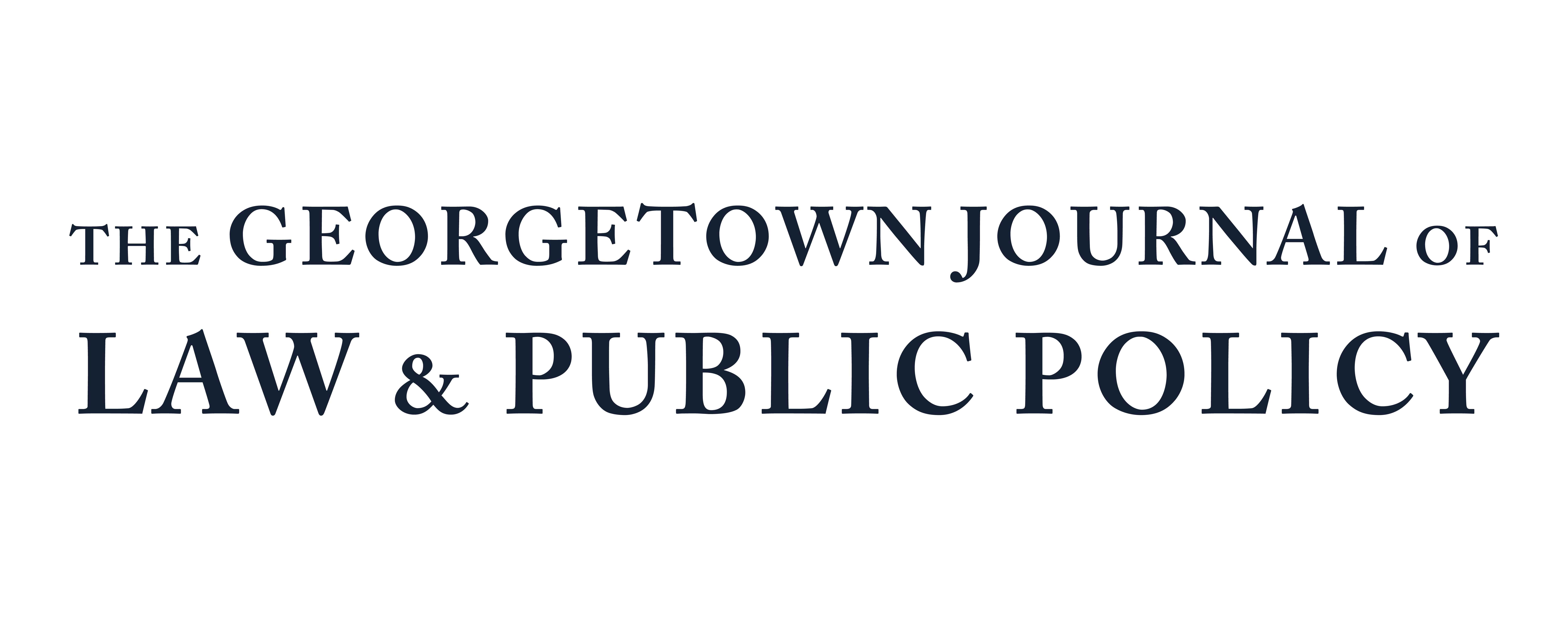Contempt for Oversight and Investigation: Congressional Contemnors, the Grand Jury, and Constitutional Order
Congressional demands for information from the Executive Branch are often resolved through political negotiations. Investigations during recent presidential administrations, however, demonstrated the Legislature’s impotence in compelling production of documents and witness testimony to support a congressional investigation when those negotiations failed. Without a reliable mechanism to enforce congressional subpoenas, the Legislature is left nearly powerless in fulfilling its constitutional duty of oversight, at least in light of modern experience. This indicates a gap in understanding the full scope of authorities accessible to lawmakers when compelling information access.
Although a last resort, the Legislature is capable of protecting its compelled pro-cess through enforcement of its criminal contempt statute, which provides Congress with authority to refer recalcitrant officials for prosecution. Historic practice demonstrates, however, that the Executive has obviated the Legislature’s information-gathering processes by failing to undertake the mandatory command of grand jury referral for such contemnors, citing the separation of powers. Yet in a constitutional sense, the scheme preserves the Executive’s prerogative of prosecutorial discretion based on the institutional nature of the harm and the prosecutor’s ultimate power to decline prosecution, regardless of the grand jury’s recommendation. In supplementary form, courts have rejected claims of “absolute immunity” for presidential aides, even though the Department of Justice views executive privilege as an absolute defense against a congressional subpoena. This leaves enforcement of criminal contempt, despite its draconian nature, as the Legislature’s most effective mechanism to secure documents or testimony in a congressional investigation, even if only used in limited circumstances as a tool to incentivize compliance with its informational demands.
Subscribe to GJLPP
